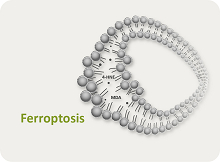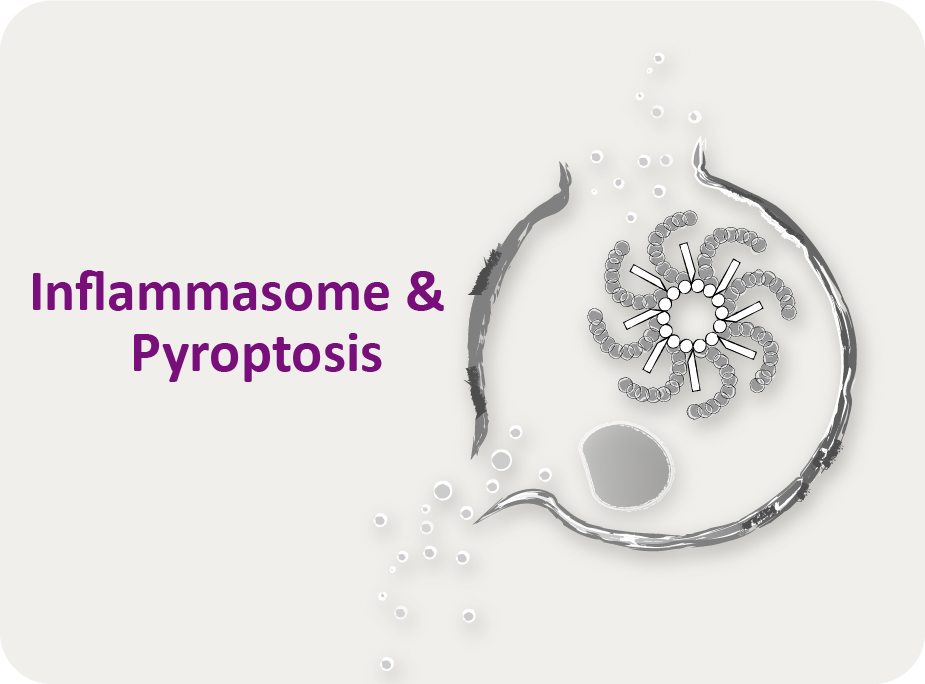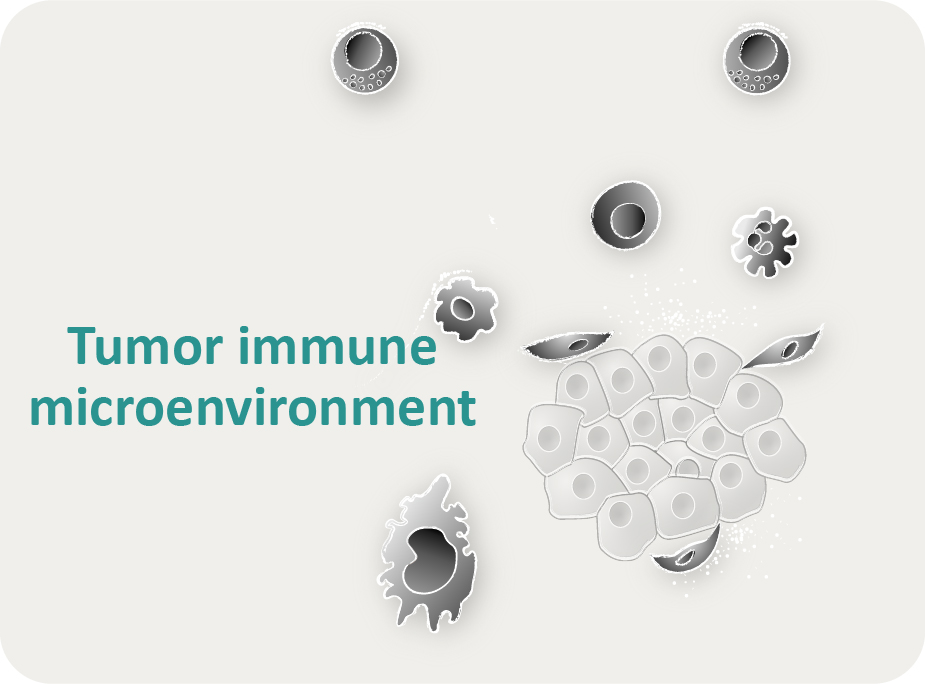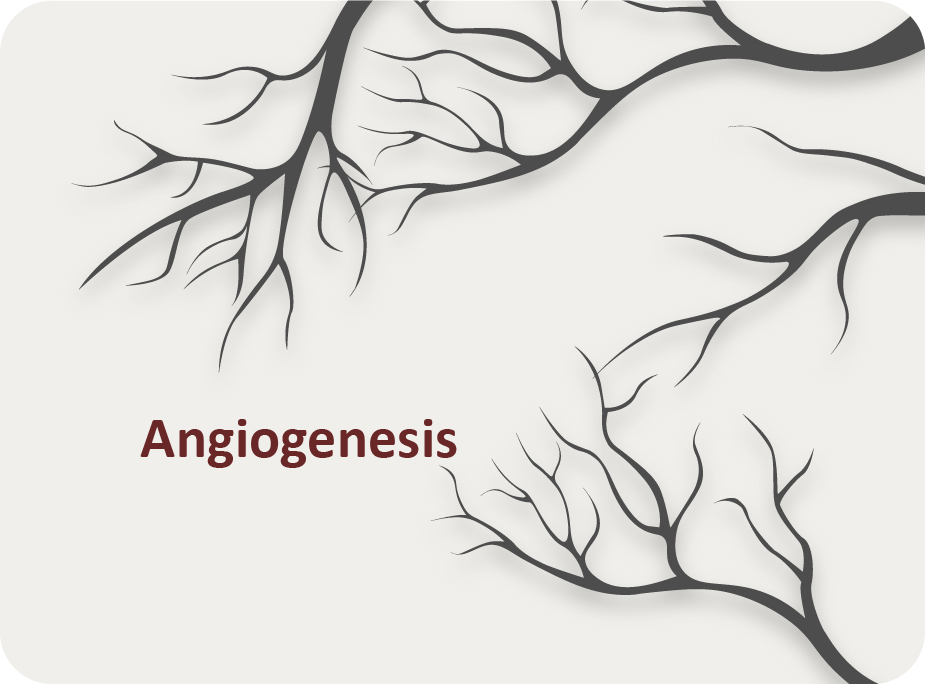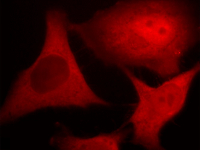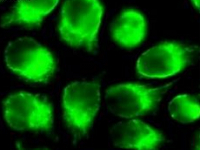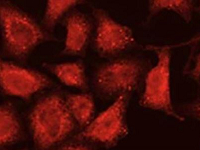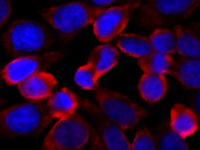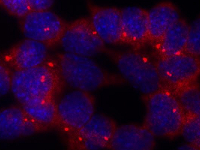m6A reader YTHDF2 in mRNA decay and aggresome formation
m6A reader YTHDF2 in mRNA decay and aggresome formation

|
|
|
Reactivity: Hu, Ms, Rat |
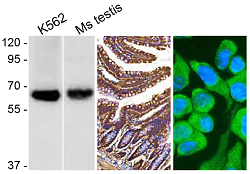 |
|
|
m6A modification
|
N6-methyladenosine (m6A), the most abundant modification in eukaryotic RNA, plays a critical role in controlling gene expression by regulating mRNA stability. Accumulated studies indicate that m6A modification influences tumor progression, tumor metabolism, ferroptosis resistance and immune evasion, thereby attracting increasing attention in the therapeutic potential for cancer. |
| N6-Methyladenosine (m6A) Assay Kit (ARG83375) |
|
|
m6A is modified by methyltransferase (called “writers”), removed by demethylases (called “erasers”), and recognized by m6A-binding proteins (called “readers”). The “readers” participate in mRNA splicing, nuclear export, translation and degradation, thereby regulating mRNA stability. arigo offers quality antibodies to facilitate the functional studies of m6A writers, erasers, and readers. |
|
|
YTHDF2 in cancer
|
Numerous studies reveal that YTHDF2 is associated with proliferation, invasion, and migration of tumor cells. However, YTHDF2 acts either oncogenic or tumor suppressive role in different cancers. For example, YTHDF2 is upregulated and promotes cancer progression in acute myeloid leukemia, cervical cancer and prostate cancer, whereas it is downregulated and leads to tumorigenesis in osteosarcoma and melanoma. This findings reveal the potential of YTHDF2 for targeted treatment. arigo offers smart solutions for the characterization of YTHDF2 in tumor progression. |
|
Ferroptosis/ Oxytosis ● GPX4 ● xCT |
Pyroptosis Antibody ● Caspase-1 ● GSDMD |
M1/ M2/ TAM Marker ● CD68 ● iNOS |
|
Microvescular Density ● Ki-67 ● CD31 |
● E-Cadherin ● Vimentin 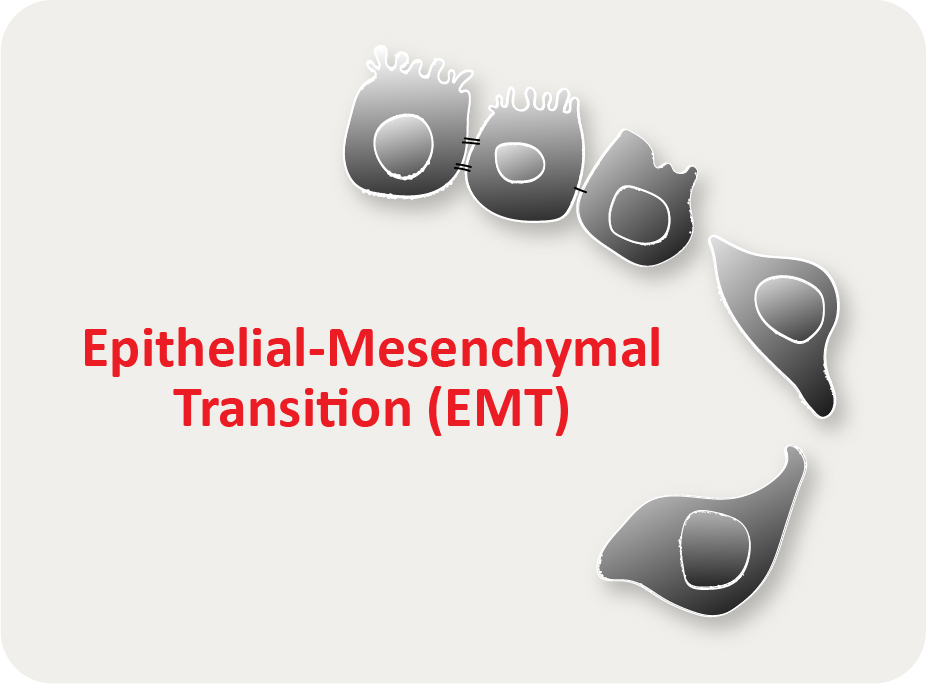 |
Autophagy Antibody ● LC3B ● SQSTM1 |
|
|
YTHDF2 promotes aggresome formation
|
Hwang et al. reported another role of YTHDF2 in promoting aggresome formation. Targeting YTHDF2 may be a potential strategy for the clearance of neuronal aggregates. arigo offers aggresome marker antibodies to facilitate the research of YTHDF2 and aggresome. |
